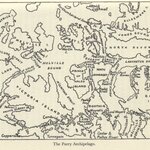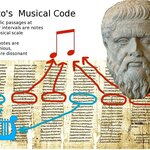
It may surprise those who know of my Ulster Protestant background that I am something of a fan of Flannery O’Connor. As yet, I have not delved into her novels, but I have read all her stories, and also Mystery and Manners : Occasional Prose, from which I take the following quote:
It is generally supposed, and not least by Catholics, that the Catholic who writes fiction is out to use fiction to prove the truth of the Faith, or at the least, to prove the existence of the supernatural. He may be. No one certainly can be sure of his low motives except as they suggest…







